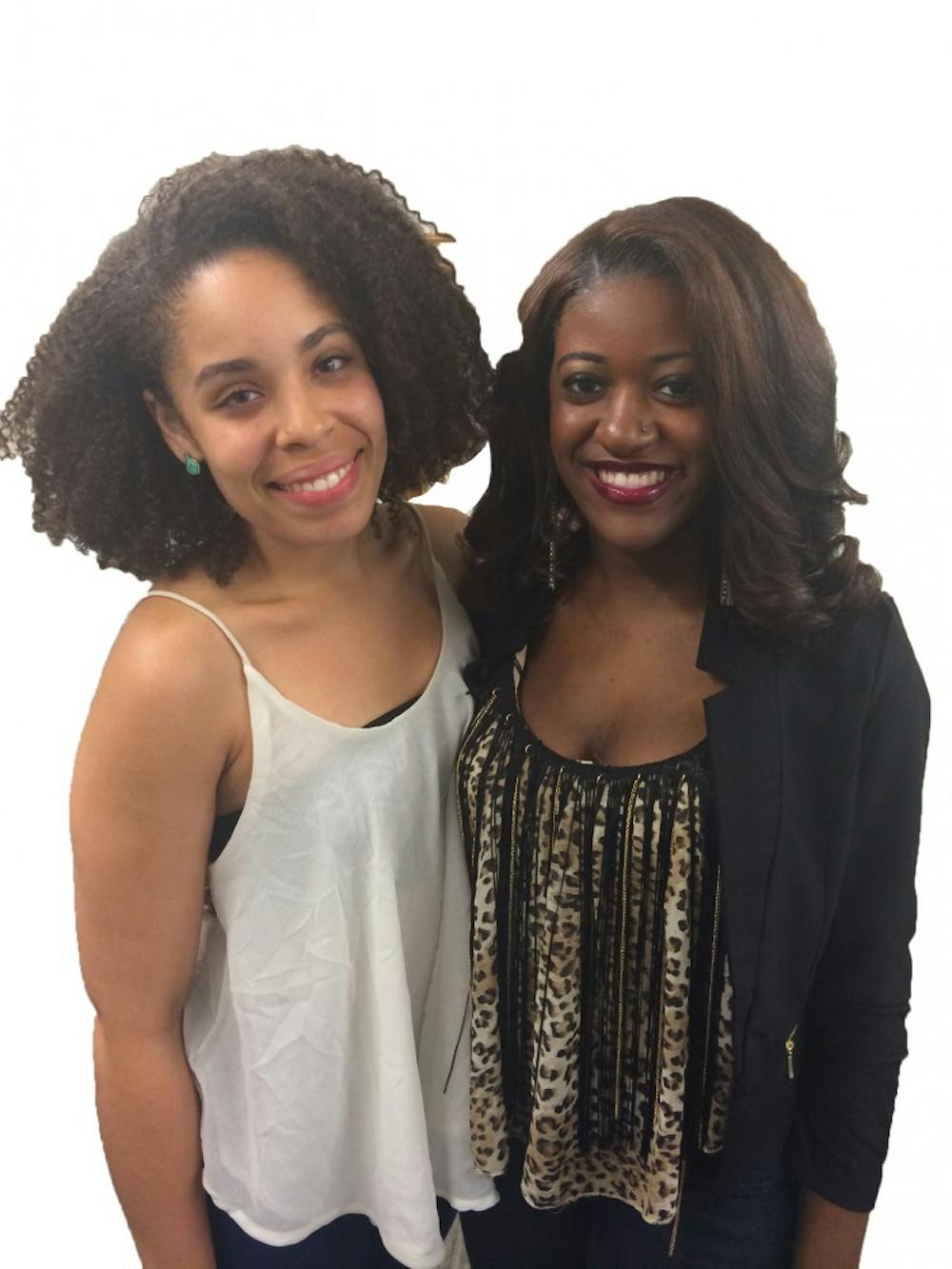O n April 15, 1993, close to 14,000 copies of The Daily Pennsylvanian were removed from campus distribution sites. In the absence of nearly the entire circulation of the paper, members of Penn’s black student population declared that they would no longer tolerate “the blatant and voluntary perpetuation of institutional racism against the Black Community by the DP” and by virtue of the paper’s symbolism, the University at large.
This was just two decades ago. But add this history to an algorithm of unrest that comes from the demonization of black and brown bodies in local, national and international news outlets and here’s what you get: The media cannot always tell our stories.
And so we beseech the same prayer: “What does it mean to be black in this space and time ?”
It is one carried in the hearts of students of color on this campus, oftentimes in the wake of brutal circumstances. The systems of respectability politics and ushered silence which operate in our nation and on our campus still reign.
Although we are beginning to breach into a land of promising race talk, we are very much afraid to deeply indulge in dialogue about racial mistreatment and misrepresentation here at home.
It is imperative to put our historical context at Penn in perspective. This year marked the 133rd anniversary of the graduation of Penn’s first black student, James Brister, 141 years after Penn’s founding.
Fast forward to Penn admissions in 2013, black students constitute a total of 7.1 percent of the undergraduate pool on campus. This means out of an undergraduate class of 10,319 students, 732 University-defined black students can claim Penn as their home .
Let this number float in your mind. And while it’s floating, let’s put it beside another: 665,471. This was the 2013 census count which reported the total number of black residents living in Philadelphia.
And so the question permeates: What does it mean to be black in this space and time? Especially when, 133 years after Brister’s graduation, the access, opportunity and civic membership here fall far from definitions of equality for all.
The purpose for this column is to strengthen black voices in order to add dimension to our continued activism on this campus and progress our politics.
Our history is one we have not forgotten. The Vision, founded in October 1989 by three Penn undergraduate students — 1992 College graduates Harold Ford, Jr. and Altoine Scarborough and 1991 Wharton graduate Gabrielle Glore — was one of Penn’s first independent student publications that catered to those with African diasporic backgrounds.
As one of the founders remarked, “[W]e were encouraged by the realization that all students would benefit by hearing these other voices. We learned from the experience that frustration — and even dissent — when processed thoughtfully and channeled wisely can be a powerful force for change.” Twenty-five years later, the direction for The Vision has come full circle in collaboration with the DP.
We hope to give voice to the intersectionality of black identity and the plight of blacks in this country by articulating the social, political, educational and economic disparities we face in 21st century America. The way we plan to encourage this is to curate a column with a rotation of writers, from different schools within the University, along with a variety of class years, geographic spaces, sexual/religious/class orienta tions, etc.
We believe this volume of diverse voices will begin a much-needed conversation with the DP’s far-reaching audience around the country, and this column can be a space from which readers engage, incite deeper understanding of our communities, learn and perhaps, above all, will want to change the conditions of our nation.
What we hope to build is more than a pastiche of numbers, facts and figures. Rather, these articles and stories will serve as a staircase that we build in celebration of the past and the present, one way for us to begin a dialogue that will ignite the work we have been called to do in this space right now.
Victoria Ford and Nikki Hardison are a College and a Wharton senior, respectively, from Piedmont, S.C. and Buford, Ga. They can be reached at vicford@sas.upenn.edu and chardi@wharton.upenn.edu. "The Vision" appears every Wednesday.



